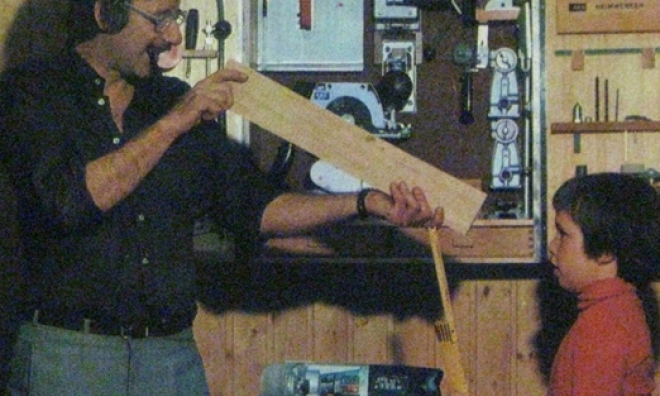Susan E. Reid - Makeshift Modernity: DIY, Craft and the Virtuous Homemaker in New Soviet Housing of the 1960s

WHAT? Architecture [news] fund and Vilnius University, Faculty of History present an inspiring talk by Susan E. Reid ‘Makeshift Modernity: DIY, Craft and the Virtuous Homemaker in New Soviet Housing of the 1960s’
WHERE? Vilnius Universitete, Faculty of History, hall 211, Universiteto g. 7, Vilnius
WHEN? November 2, 2017 [Thursday], 6 PM. In English.
HOW THE SPEAKER IS EXCEPTIONAL?
Susan E. Reid is a Professor of Cultural History at the Department of Politics History and International Relations, Loughborough University. She has published widely on visual and material culture, art, gender, consumption, and the everyday in the USSR, focusing on the 1950s–1960s. She has also researched Cold War art, design and visual culture, including Soviet participation in, and reception of, international exhibitions and World Fairs. Currently she is completing an oral history project on everyday aesthetics, socialist modernity, consumption and identity in Khrushchev-era housing, provisionally entitled Khrushchev Modern: Making Oneself at Home in the Soviet 1960s.
HOW THE TALK IS INSPIRING?
In cities across the Soviet Union in the late 1950s and early 1960s, new housing developments of plain five-storey apartment blocks mushroomed thanks to an intensive programme for mass industrialised housing construction launched by the Party-State in 1957. Modern living conditions were to be created for millions, it was promised, through state planning and investment in the modernisation of construction, making maximum use of technology and factory prefabrication in place of bricklaying and other artisanal methods. Drawing on oral history and material culture, this article attends to some contradictory, seemingly unplanned and un-modern aspects of popular agency entailed in producing the modern Soviet environment, including the role of local improvisation, DIY and manual craft. These were not necessarily resistant to or subversive of the socialist state’s modernisation project but had a more complex and ambivalent relation to it, as complementary or compensatory accommodations that “tuned” universal models to local contingency.
The talk organised by Architecture[news]fund and Vilnius University Faculty of History.